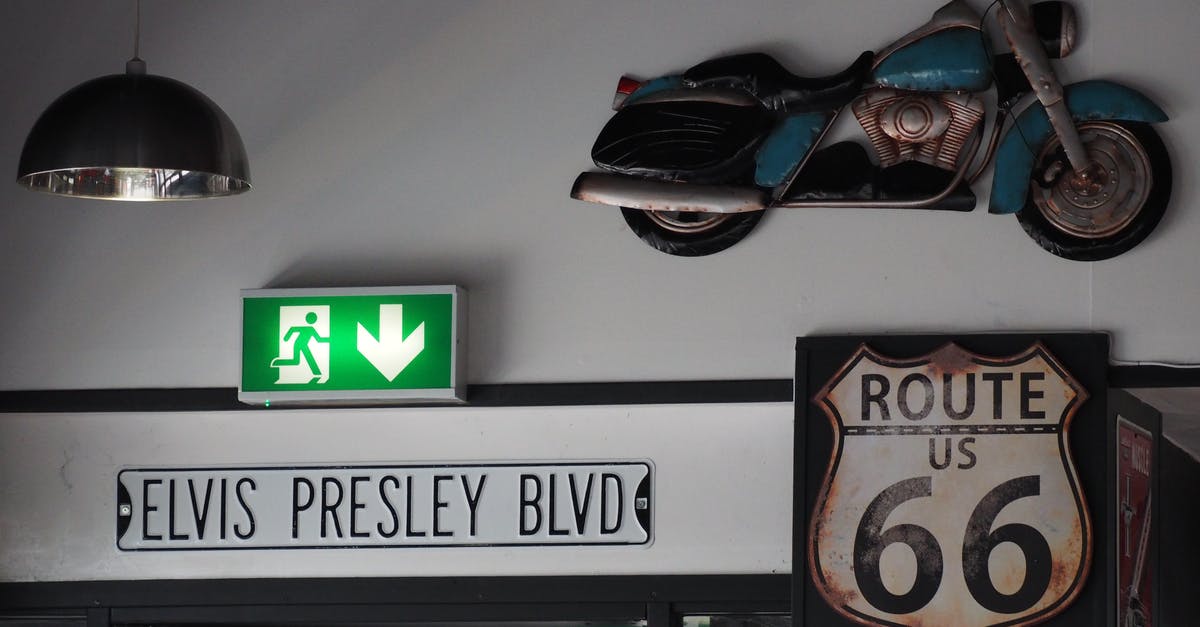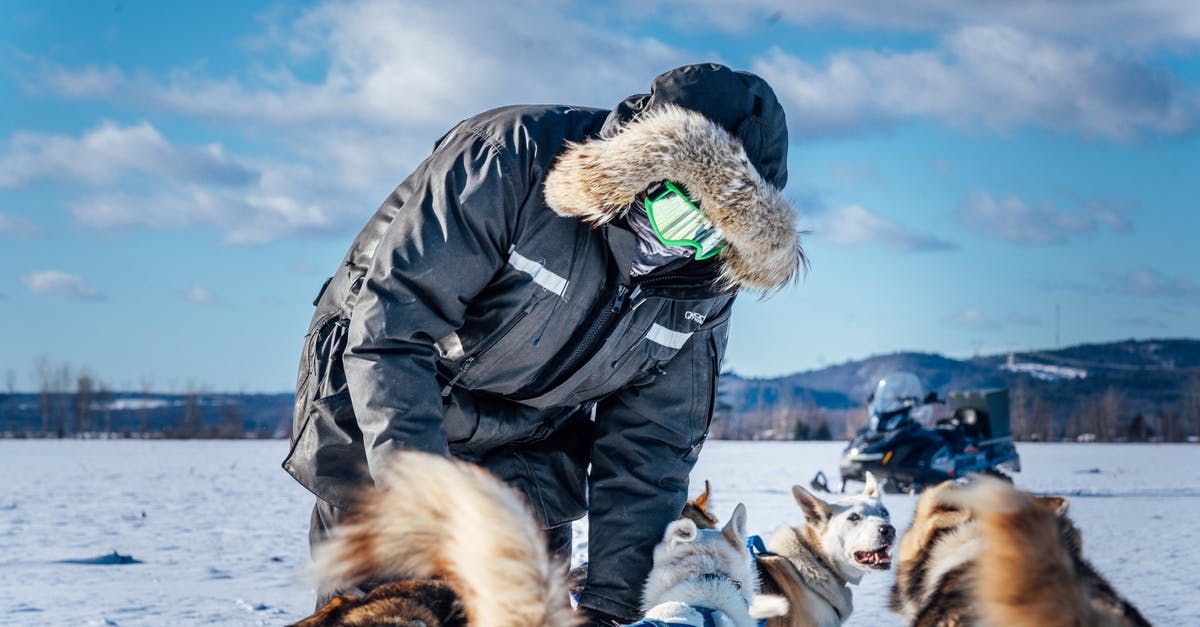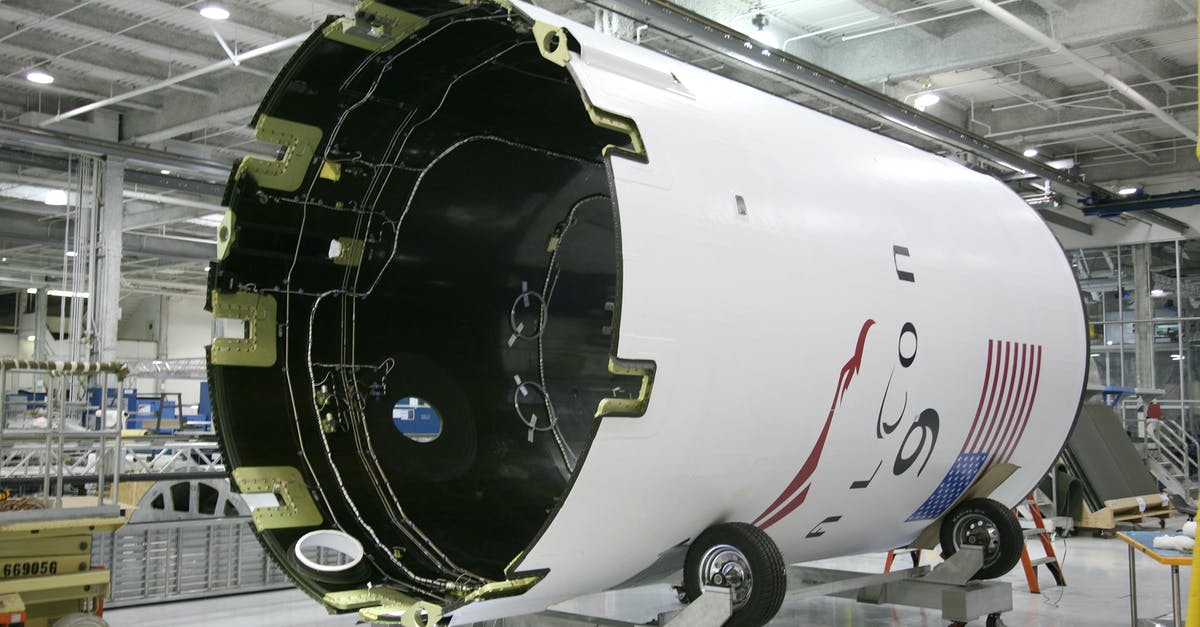American Service Dogs In Canada

I know that the rules/regulations/guidelines established in The Americans With Disabilities Act and in Alberta's (and other provinces') "equivalent" are very similar. The one big difference is that Canada seems to have "accredited" training facilities where a dog must be trained in order to be considered "certified" and thus protected by said laws. This is not a requirement in the US -- in fact, it's impossible as there is no such thing as any sort of national accreditation.
I'll be driving from Denver, CO up through BC and Alberta this summer with my (legit) service dog, with her vest identifying her as such. I'm wondering if I will run into trouble at any hotels or restaurants asking for her "certification". Are they ("they" meaning anyone) allowed to do that? That's not allowed in the US... not for a dog just doing its job and not breaking the Service Dog rules or being otherwise disruptive (which I guess is covered in those rules).
I suppose I could try to dig up the papers I got when I received her from the facility that did her training, but I'm pretty sure they're packed away in boxes from 2 or 3 moves ago and to say it would be inconvenient to do so would be putting it extremely lightly... and it has recently come to my attention that the facility is no longer operational.
How much of an issue is this likely to be?
I feel it's important to point out that there are numerous online services that claim to register your service dog and imply that doing so will give you some sort of "official" certification. In reality, this so-called registration does not make your dog any more of a legally recognized/protected service animal (as recognized by the US or Canada) than NOT registering with them at all. There is NO official certification in the US and only the government can grant such certification in Canada. Scam-alert - be aware!!
Best Answer
Rules regarding service dogs in Canada are complex, vague and sometimes contradictory. This article by the CBC is specifically about the province of Newfoundland and Labrador, but is probably typical of the country.
There are three types of dogs that work to meet humans' physical and emotional needs: service dogs, therapy dogs, and emotional support dogs. Each plays a different role, and each has different rights under the law.
A service dog is any canine that has been trained to perform specific tasks for a person with a disability. Not only does a service dog have to do its job flawlessly — a human life depends on it — it also has to learn to be calm and quiet in public, to ignore other animals and people, even to toilet on command so that it doesn't do its business at an inopportune moment.
Therapy dogs often wear identifying vests like service dogs, but these aren't career pooches.
The last category of canine assistants is emotional support dogs. These are pets whose presence improves the mental health of their owners.
Service dogs have the legal right to go anywhere their handler can go, from grocery stores to hospitals, restaurants to taxis.
Therapy dogs have no particular legal rights, but they are often given special permission to enter places animals aren't typically allowed to go.
Emotional support animals in Canada have the right to travel with their owners for free but don't have any of the other access rights to public spaces that service dogs do.
If you're a business owner or other authority, the only proof you need that an animal is a service dog is a note from a physician, nurse, or other qualified medical practitioner. This is the only document recognized in Newfoundland and Labrador as legal evidence of a dog's service status. There is no standard licensing or certification for service dogs that you should expect a handler to produce.
To flip this around, if your dog is a genuine service dog helping you with a disability, and is well-behaved and wearing a vest that identifies it as a service dog, you are unlikely to get any pushback. But it may happen. It would definitely be a good idea to keep handy whatever documentation you have to show a business owner. To have documentation from a medical practitioner testifying to your disability would be the most helpful thing.
If your dog is not an actual service dog then you are going to be reliant on the goodwill of business owners to get your dog admitted.
Pictures about "American Service Dogs In Canada"



Does Canada recognize service dogs?
The provincial government recognizes certificates from approved service dog organizations. These organizations are assessed based on the Alberta Training Standard, which is equivalent to the standards for Assistance Dogs International (ADI).How do I get my dog certified as a service animal in Canada?
There are two ways to be certified:Can you refuse a service dog in Canada?
Someone with a service animal is entitled to enter any space accessible to the public or a third party. Both the Ontario and federal Human Rights Codes prohibit discrimination based on disability, and rejecting a service animal definitely fits that category.Can I bring my emotional support dog to Canada?
Traveling with Your ESA: Canadian Transportation Agency Law The most important thing to know about traveling with your ESA is that you must hold a valid emotional support animal letter. You will need to show the airline this letter as proof that your ESA is an important part of your clinical treatment plan.Why it's so difficult to train service dogs in Canada | Your Morning
Sources: Stack Exchange - This article follows the attribution requirements of Stack Exchange and is licensed under CC BY-SA 3.0.
Images: Chan Walrus, Tom Dubois, SpaceX, Tom Dubois
